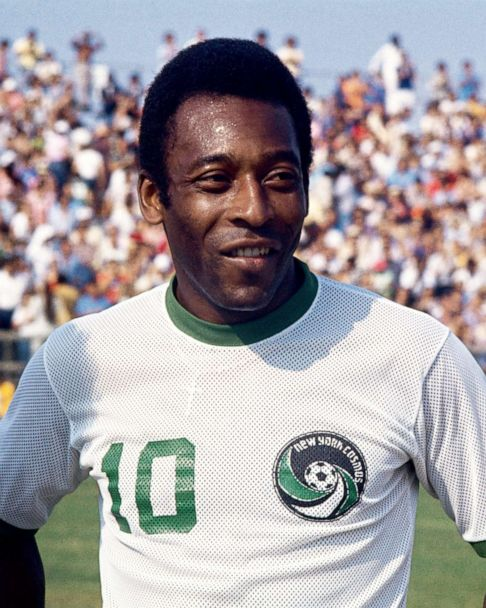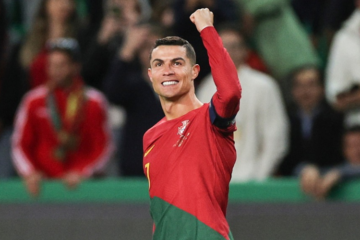For us younger folks, Brazil soccer is great because that’s how it’s meant to be…we take that as a natural order of things, having grown up with the Brazilian soccer team’s successes in the World Cups of the 1990s.
But the myth of Brazilian soccer was born a lot earlier, in times when soccer started to become a worldwide “plague” and there are a lot of people who attribute this internalization of soccer to the Brazilian team of the 50s, a team that was lead to success by one of the most preeminent figures in sports, the famous soccer player Pele.
Early Life and Career of Pele
Pele, also known as Edson Arantes do Nascimento, is a former Brazilian professional footballer who is widely regarded as one of the greatest players in the history of the sport. He was born on October 23, 1940, in Tres Coracoes, Brazil.

Pele began playing football at a young age and was soon noticed for his exceptional skills. He joined Santos FC at the age of 15 and quickly made a name for himself as a talented striker. In his first full season with Santos, Pele scored an impressive 36 goals in 29 matches, leading the team to their first league title.
Over the course of his career, Pele played in 1,363 matches and scored 1,281 goals, a world record that still stands today. He won three FIFA World Cups with the Brazilian national team in 1958, 1962, and 1970, becoming the only player to have achieved this feat. Pele was known for his electrifying speed, exceptional ball control, and powerful shots.
In addition to his success on the pitch, Pele was also a cultural icon and ambassador for football. He was known for his sportsmanship, humility, and commitment to promoting the sport around the world. After retiring from football in 1977, Pele continued to be involved in the sport as a commentator, coach, and spokesperson.

Pele has received numerous accolades and awards throughout his career, including being named FIFA’s Player of the Century in 2000. He is also a UNICEF Goodwill Ambassador and has been recognized for his humanitarian work. In 2016, Pele was unable to light the Olympic cauldron at the opening ceremony of the Rio de Janeiro Olympics due to his health, but he remained an inspiration to millions of football fans around the world.
Pele’s legacy as the “King of Football” continues to inspire future generations of footballers and fans alike.


